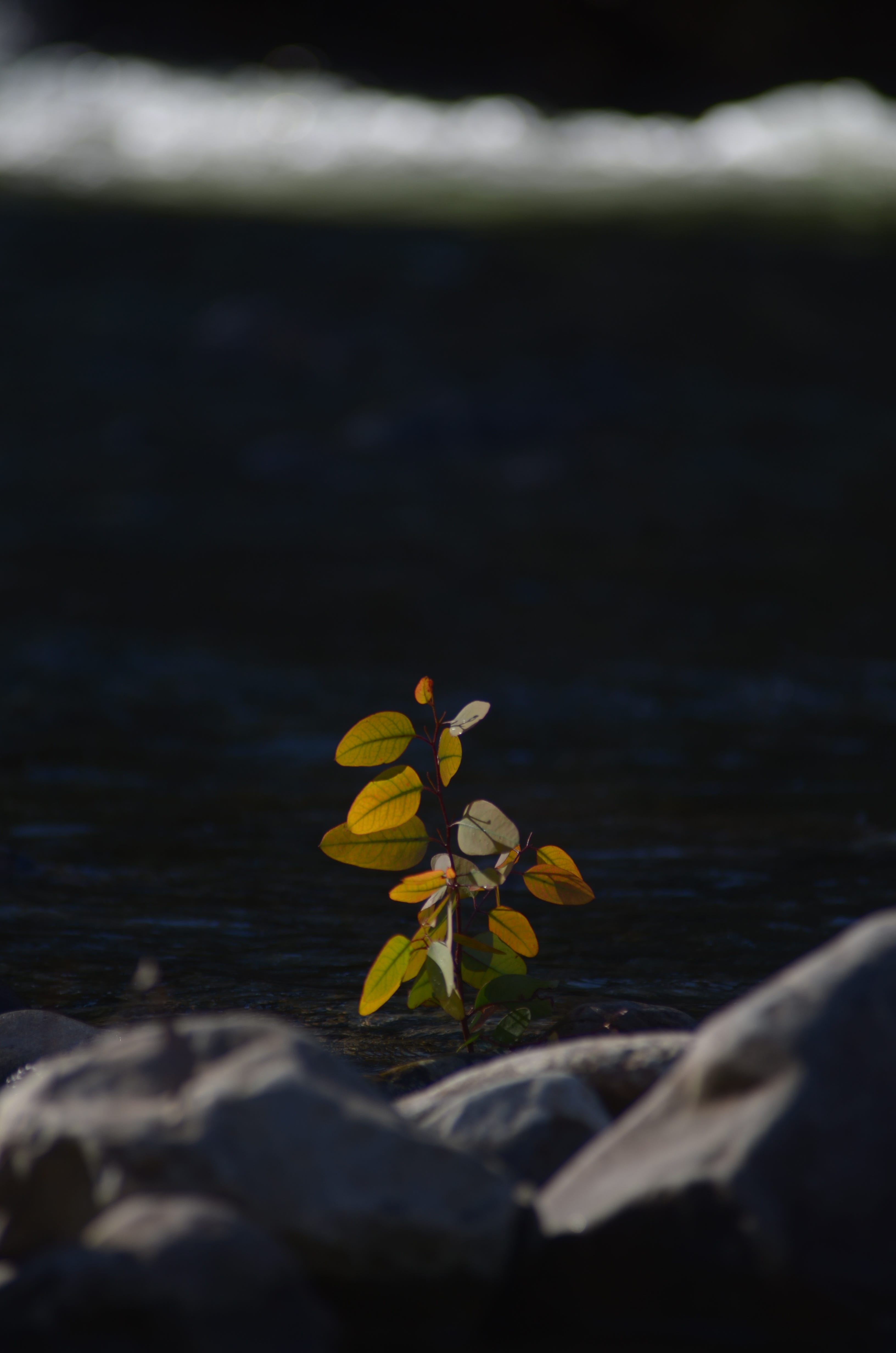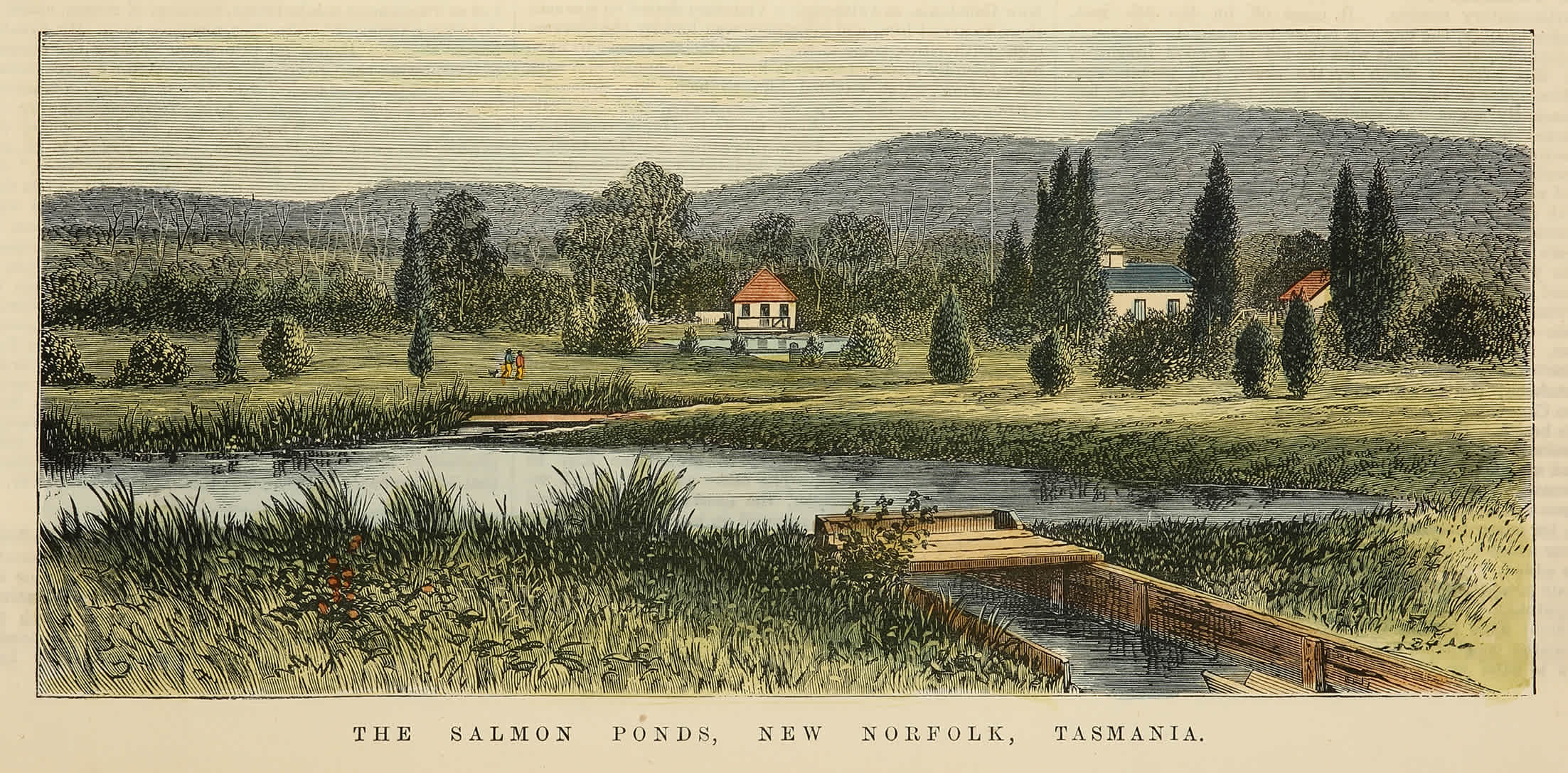Associate Professor Patti Virtue’s Antarctic science career has been wide-ranging and stands out as much for her commitment to educating the next generation of scientists as for her own research.
It’s a commitment that has won her an Australian Antarctic Medal, awarded by the nation’s Governor General as part of a special Honours List each midwinter’s day.
Dr Virtue was one of two Tasmanian scientists to receive the medal in 2021, the other being marine mammal scientist Dr Nick Gales. He will feature in a subsequent article for Forty South.

“You’re always torn as a scientist,” Patti Virtue says. “Do you focus on your own science or educate students?” She has managed to do both, and said of her work supporting “some pretty amazing students”, many of them PhD students, “It has rewarded me and rewarded my science.”
Virtue was recognised with an Antarctic Medal for her outstanding contribution to mentoring the next generation of Antarctic ecologists, as well as improving our understanding of the role krill play in the Southern Ocean ecosystem and the likely impacts of climate change on krill.
One of only four female scientists to receive an Antarctic Medal, Patti has been on numerous Antarctic science expeditions both at sea and on station. She works collaboratively across nations and disciplines.
“I work across disciplines as a biologist but also a biochemist. We use biochemical tools to answer biological questions concerning trophic (food chain) interactions in the marine Antarctic ecosystem,” she said.
“I’ve worked on species from bacteria right up to sperm whales. And I’ve worked with wonderful people. We’re working at the moment in collaboration with a Norwegian company that fishes 60 per cent of the krill fishery in the Southern Ocean. It’s a sustainable krill fishery and the ship is collecting for us almost every day of the year.”
The research is helping answer questions such as how krill will cope with climate change and the reduction of sea ice.
“Larval krill depend on sea ice for survival, as they feed on the ice algae and will die in a couple of days without this food source,” she said.
The medals were awarded during a Zoom ceremony that brought together Australian Antarctic Program staff from Hobart and Australia’s Antarctic bases. Covid depending, plans are in place for them to be awarded in person at an October ceremony at Government House.
Dr Patti Virtue did both her Honours and PhD at the University of Tasmania before completing post-doctorate studies in France, then returning to Tasmania as an Australian Research Council Post-doctoral Fellow. She also holds an honorary doctorate from the University of Magallanes, Chile.
Dr Katherine Johnson is a science writer and novelist based in Tasmania. She has published in The Conversation, Good Weekend (Sydney Morning Herald) and CSIRO’s ECOS magazine. Her fourth novel, Paris Savages, was released in the UK in July. Visit www.katherineJohnsonauthor.com and connect on social media via @KJohnsonauthor.








